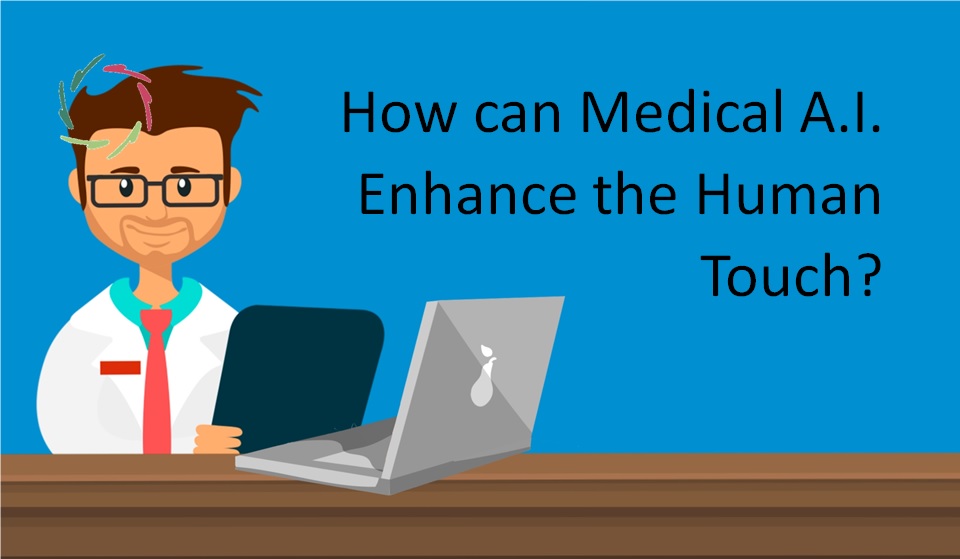Is Climate Change More Critical than A.I.?

Reckoning in years, probably not. Of course, in no way do I want to underestimate the immense importance of Climate Change.
►►► WHY read this? The curve of A.I. becoming an existential issue may soon enough become much steeper than that of Climate Change. ◄◄◄
There is no way around the experts’ opinion that we only “have 12 years to limit climate change catastrophe” as reads a quote of Jonathan Watts, Global environment editor in The Guardian – 8 Oct 2018 [https://www.theguardian.com/environment/2018/oct/08/global-warming-must-not-exceed-15c-warns-landmark-un-report].
However, looking at the probable ‘tipping points’ at which super-A.I. or Climate Change will become a ‘possibly existential threat to humanity,’
I fear that super-A.I. will be the first, by at least half a century.
Following a survey by Nick Bostrom on many top A.I. experts [https://www.youtube.com/watch?v=MnT1xgZgkpk, 2015], I conclude that it will be with us way before the end of this century. If super-A.I. comes to us like in a bad sci-fi, we’ll be toast before getting roasted.
A difficulty towards appreciating this fully lies in the curve of evolution as seen from now onwards. Climate Change is a gradual happening, at least as many specialists think about it, and if we can avoid the ‘point of no return.’ As I see it – but I can be wrong in this, not being a climate expert myself – the general curve of Climate Change is still projected as non-exponential with a limit at 2ºC increase of temperature if ‘the world takes care,’ according to the Intergovernmental Panel on Climate Change [https://www.ipcc.ch/2019/, 2019].
Contrary to this, the trajectory of A.I. is bound to be exponential. A ‘singularity’ is quite unavoidable.
But let me rephrase the question:
“Can Compassionate A.I. – if arriving well on time – positively influence Climate Change?”
[For ‘Compassionate,’ see: “The Journey Towards Compassionate A.I.“]
I mean: apart from the A.I. technology that can be used as part of technological solutions, an engineering issue of fist order by itself.
Part of the answer lies in Open Leadership and its direct impact on individuals, for instance, through their personal health and well-being. Open Leadership may thus become an essential factor in durability, including for the good of the planet.
Compassionate A.I. may also have an impact on what is seen as ‘wealth.’
This may gradually shift to cultural goods and having time to enjoy them genuinely. After all, what does money provide? You may take any entrance to this. Follow it through, and you end up with ‘end values.’ [see blog: “From deep meaning to post-capitalism”] Due to its lying closer to end values, deep enjoyment gives fulfillment through quality rather than through quantity. Thus, a smaller footprint.
Note that this is no cloudy reasoning, but pure logic. To see this, you only need a comprehensive view. Future politicians should mainly have such a view and be able to articulate it. They should be Open Leaders.
Contrary to this, superficial pleasure leads to feelings of addiction and a growing frustration that then needs to be countered with even more (superficial) pleasure.
The result is unhappy people who either clamor for ‘change’ or who nestle themselves in a corrupt environment. All want ‘more power to buy’ in order to fill a void. This is rightful in many cases. In many other cases, it’s just plain silly or corrupted by itself. This frequently leads to buying stuff that nobody needs, and that doesn’t make anyone any happier in the end. It’s precisely such stuff that leads to the heaviest footprint.
Non-Compassionate A.I. already leads to pushing people in many ways into this direction, in consumption as well as in production. Hmm. Do I sound like a morality teacher?
So, all in all, people want to be wealthy, but not to wreck the planet.
Wealth doesn’t need to ruin the earth.
Many pending essential changes provide as many opportunities – even today! – to orient these changes for the good of the present and the future. Meanwhile, the deployment of A.I. is in turmoil. Choosing for Compassionate A.I. will have a long-lasting, durable impact upon many of these essential changes. In turn, these changes may have a significant impact on many domains, including Climate Change.
In the future Utopia, people become ever wealthier, partly – or maybe even mostly – in common goods. A healthy planet is part of this wealth. It will also be perceived as such.
I hope that in The Journey, I have been clear about Compassionate A.I.
This involves what we are, what it is, what it may become, and why it matters. Of course, this is not going to happen in one day or year. It may take decades.
But it may start today.
Foreseeing such change and also enhancing it, we can already think about the ‘how,’ and start acting, even if it seems utopian. I would say especially if it seems utopian. This means there is work to do. The planet may be patient, but not without end.


